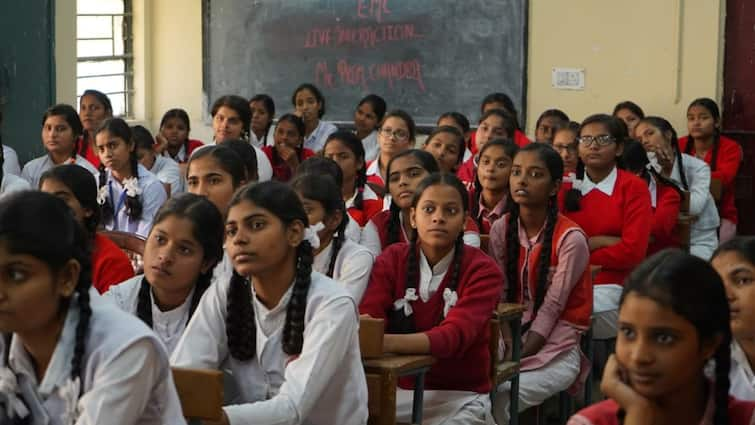India’s schools, colleges, and research institutions are being targeted by cybercriminals more than most other industries. According to a report from Nasdaq-listed Check Point Software Technologies Ltd, education organisations face an average of 7,095 cyberattacks every week. This is more than government offices or companies in consumer goods, and second only to healthcare globally. The attacks are growing because campuses are highly connected, more students and staff use personal devices, and online learning platforms are widely used.
Hackers are especially interested in student data, research, and intellectual property.
Other Sectors Targeted
The report also looked at other industries in India. Government offices see around 5,140 attacks per week, while consumer goods and service companies face about 3,889 attacks weekly.
Overall, Indian organisations experience an average of 3,233 cyberattacks per week, which is much higher than the global average of 2,002 attacks per organisation.
These numbers show that cyber risks are growing across many sectors as more companies rely on digital tools, online services, and connected networks.
Why Education Is The Main Target
There are several reasons why hackers target schools and research institutions. Many campuses have connected networks and hybrid learning systems, which give hackers more ways to attack.
Some schools and colleges have limited budgets for cybersecurity, old systems, or small IT teams, making them easier to exploit.
Online tools for research, virtual classes, and collaboration are often open to the internet, which can be risky. Hackers often use methods like infostealers and Remote Access Trojans (RATs) to steal sensitive information.
Also Read: Google Lays Off 200 AI Contractors Who Trained Gemini: Here’s What Happened
Sundar Balasubramanian, Managing Director of Check Point India, says that schools and colleges need cloud security, endpoint protection, and threat intelligence to stay safe.
Protecting student data, research, and intellectual property is important for keeping education running smoothly, safely, and without disruption.



